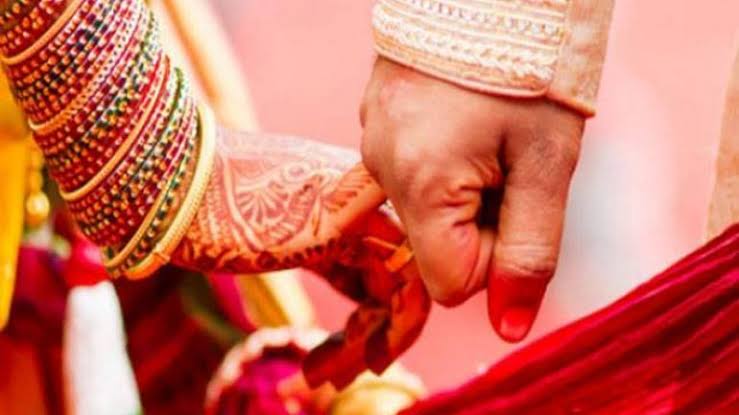"Twin Promise of Marriage": Delhi High Court Orders Framing of Rape Charges Against Man

Court noted that the accused had given a promise of marriage to a woman, her legally married husband, and her family, pledging to marry her after her divorce and take responsibility for her children
The Delhi High Court has directed framing of rape charges against a man accused of establishing physical relations with a married woman under the promise of marriage, not only to the complainant but also to her legally married husband and family.
Justice Swarana Kanta Sharma termed it a "twin promise of marriage" case, emphasizing that a trial was required to ascertain whether the accused's actions constituted a breach of promise or a false promise for the purpose of a sexual relationship.
The court noted that the accused had given a promise of marriage to the woman, her legally married husband, and her family, pledging to marry her after her divorce and take responsibility for their children.
"Strangely, as per admitted facts, the respondent no. 2 had given promise of marriage not only to the petitioner but also to her then legally married husband and her family that after divorce from him, he will not only marry her, but also look after the children born to her and her then legally married husband," it said.
Justice Sharma emphasized that the accused's acts prima facie pointed to the woman divorcing her husband and engaging in a sexual relationship based on his promise, potentially falling under Section 376 (punishment for rape) of the IPC.
“The acts of respondent no. 2 (accused man), thus, prima facie point out at this stage that he had given promise to the petitioner to get married to her and had stayed with her on this promise, acting on which she had not only divorced her husband but had also indulged in sexual relationship with him to attract the rigors of Section 376 (punishment for rape) of IPC,” the bench said.
The court also found sufficient evidence to frame charges for criminal intimidation, as per the FIR, where the accused allegedly refused to marry the woman, abused her, and threatened to harm her and her children.
Disposing of the woman's plea challenging the trial court's discharge order, the high court set aside the order and directed the sessions court to frame charges of rape and criminal intimidation against the accused.
The court took note of the preparation of a 'mangalsutra' with the man's initials and payment made, interpreting it as reflective of his intention and promise to marry the petitioner.
“Needless to say, in India, Mangalsutra for many women is not an ornament but a symbol of love, sacred union, and assurance for a lifetime of togetherness with their partner,” the court said.
While recognizing that mangalsutra holds significance as a symbol of love and a sacred union in India, the court emphasized that it was not engaging in moral policing but addressing the legal aspects of the case.
According to the facts of the case, the woman and the man got married to their respective partners in 2011, and in 2016, after experiencing mutual unhappiness in their marriages, they decided to separate. The woman alleged that the man assured her of marriage, and they both agreed to get married after her divorce, with the man also committing to care for her children.
Justice Sharma acknowledged the unique circumstances where the parties not only verbally assured each other of their intention to divorce their respective partners but also acted upon these promises. The court also highlighted that their former partners were aware of their relationship and their intention to marry after obtaining a divorce.
Conclusively, the court ordered, "This Court is of the opinion that there is sufficient material on record to frame charge against respondent no. 2 under Sections 376/506 of IPC. In view thereof, the impugned order dated 08.06.2023 passed by learned Sessions Court by virtue of which the respondent no. 2 was discharged in the present case, is set aside. The learned Sessions Court is directed to frame charge against respondent no. 2 under Sections 376/506 of the IPC and proceed with the case as per law."
Case Title: X v. State (NCT of Delhi) and Anr.
